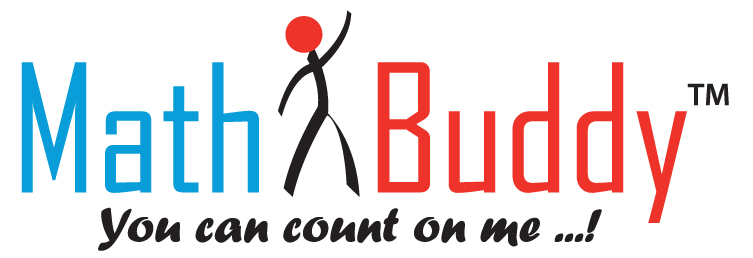Solutions for the “I Hate Math!” Problem
https://blog.mathbuddyonline.com/wp-content/themes/corpus/images/empty/thumbnail.jpg 150 150 admin admin https://secure.gravatar.com/avatar/4281060985443ada8cbf3f192a4cba8f?s=96&d=mm&r=g| Solutions for the “I Hate Math!” Problem |
| In schools across the world, for generations and generations, math students have dreaded their daily lessons. While not every math student dislikes the subject, math is often considered the least likely subject to be a child’s “favorite subject” or to be requested voluntarily as an activity. You may think back on your own math experiences and relate to the stories of students who feel burdened by their math studies. The reasons for this dislike of the subject range from the tedious and repetitive exercises involved in the mastery of math to the difficulty of understanding the abstract concepts needed to continue in math education. Whatever the reason, providing a young student with a love for math, or at least a willingness to cooperate in order to learn it, is a common challenge for parents. |
| Teachers also struggle with this subject, as many students show a much stronger preference for school subjects like reading, history, and science that may lend themselves more easily to fun classroom activities. Math teachers have a connotation surrounding their personalities that may lead some students to believe that all math teachers are boring, clumsy or awkward, and have little or no sense of humor. Even if your child does not particularly like his or her math teacher, you can help them develop an enjoyment of math activities that will make their math education much more palatable. |
| The first thing to do is to speak with your child about why he or she does not like math. Let them know that there is no wrong answer, and that you are willing to help them find ways to make these problems better. You can also encourage them by minimizing your reaction to any answer you may get. Expect answers like, “Math is stupid,” or “My math teacher is mean,” or “He/she never teaches us anything.” When these answers pop up, probe for more information by asking open-ended questions. Find out what specific parts of math your child feels are useless, or how he or she feels about their teacher and the class in general. Also, try and encourage your student to name a few things about math he or she likes. They may first answer nothing, but you may be able to prod them by reminding them of a math field trip they have experienced, or a time when they use math to do something positive, like count allowance or go shopping. |
| Building a positive connotation around math is one way to foster a better feeling about the subject in general. Be sure to point out the places you use math that are enjoyable for your student, such as using math to figure out the score of a board game, or making delicious brownies by using math in a recipe. You can also find magazines, videos, books and websites that attempt to enhance a child’s math learning by providing entertainment, colorful images, hands-on learning or other enjoyable approaches to math. |
| Helping children relate Math to everyday objects and using activities to learn Math is one great way to make children realize that Math is not all that abstract. There are so many examples of Math in every day life, and when you come across any of these, make it a point to bring to your child’s notice. For example, when you are in a shopping mall and see banners announcing discounts, get your child to think about how much the item would cost after discount. When children are made to think, you will be amazed at what they can accomplish. Best of all, the pride that results from doing things on their own can carry them far more. |
| Math Buddy has been created with this sole purpose in mind where children interact with the computer and play with virtual activities. As they play, they learn the math concepts.If you have not had a chance to try out Math Buddy, enroll now to try it absolutely free for 10 days. Absolutely No risk, no obligations! |
- Posted In:
- Math Buddy



